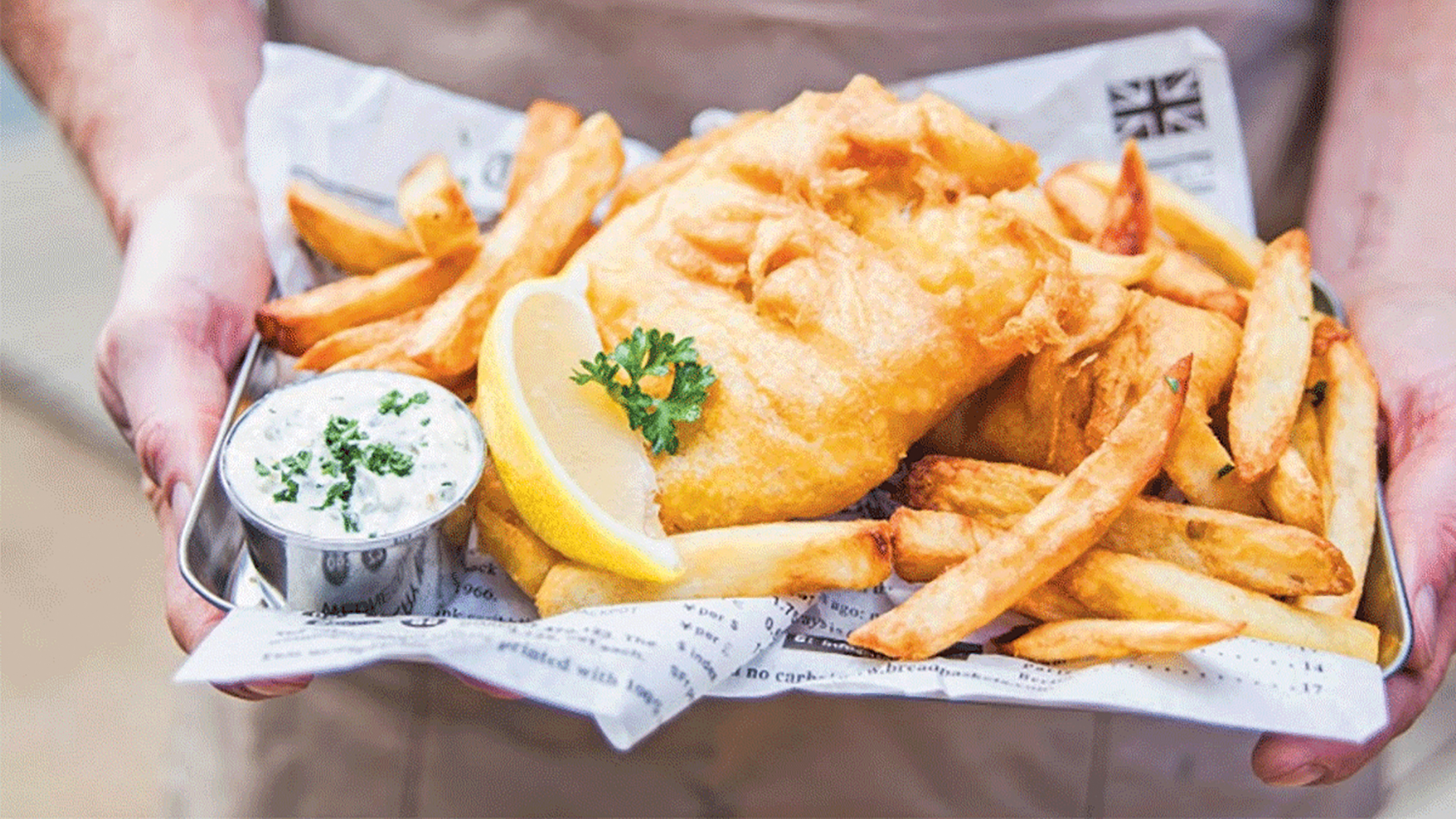According to a British poll, ‘Beanz Meanz Heinz’ is the greatest advertising slogan of all time.
This means nothing in Indonesia of course, where ‘Beanz Meanz ABC’. I don’t touch beans myself – any beans – but one scornful expatriate informs me that the local brand is ‘of inferior quality, tastes over-flavoured, and is probably loaded with chemicals’. That’s a bleak impression. It seems that if you can’t stomach locally canned baked beans, beanz meanz going without. That’s a shame because eating food that you like is important.
When I taught at an oil company in a remote part of Kalimantan, in an area that was as ‘in the jungle’ as it gets – with monkeys walking along my classroom window sills, I was invited to share the Western meals that were specially prepared every day for a group of visiting Norwegian oil workers. The food was good, and I was happy. Once the Norwegians had left though, I had to eat the unappetising canteen food. My morale plummeted. Without meals to look forward to, my days were barren. I dreamed of fish and chips. Even bad ones.
The food that I had once ordered at the Manchester United Bar & Café in Bandung which, being themed on a British sporting institution, would be expected to know how to cut up and fry a spud, were mediocre. The chips were so needle-thin you could have darned your socks with them, the batter was like a twisted mass of corn flakes, and the fish was barely detectable – it looked like the remains of a fish that had wriggled free of the net. But the worst travesty? There was no malt vinegar.
Admittedly, malt vinegar is a British supermarket mainstay not commonly available in Indonesia (some people quip that it’s easier to obtain grade-A plutonium), a list which includes Marmite, Coleman’s English Mustard, and Paxo stuffing. It’s not hard to find apple cider vinegar, or red wine vinegar. There’s even balsamic vinegar, for those who call their chips pommes frites and serve them nicely arranged on a cheeseboard.
You used to be able to buy a variety named ‘Fish & Chip Vinegar’, which featured a British flag prominently on its label, and could easily have taken pride of place on the table tops of any English seaside town café. However, the small print revealed that this vinegar was made in the USA. Proving that all things American truly are bigger and stronger than elsewhere, it tasted much maltier than normal. This was the hard-stuff – the Carlsberg Special Brew of condiments. It took some getting used to.
Vinegar is cuka in Indonesian. The standard one is sold under the worrying name acetic acid, and comes in a small, clear bottle. The name suggests that you should sprinkle it on your food with caution, perhaps wearing protective goggles, and standing well back when your plate of chips is caused to bubble and sizzle and give off toxic fumes. However, proving that all things Indonesian truly are smaller and weaker than in America, it tastes barely vinegary at all. This is the soda pop of condiments. It might come in handy if you’ve run out of lemonade.
People who drink fine wine and spirits in Indonesia likely send their butler to pick it up in the BMW. Owing to high taxation and restrictions, imported booze is pricey in this country (that BMW is also subject to luxury goods tax and import tariffs, making it as expensive as a space craft). Cheaper wine can be obtained from duty-free outlets, but they’re restricted to selling to diplomats and other, elevated folk.
The city’s duty-free shops weren’t always so meticulous, and would sell to all-comers unless a government inspector was paying a visit. My local duty-free, which had always been loose with the regulations, began selling cases of Becks lager for less than half the original price. The expired sell-by date put nobody off. After all, this was alcohol, not milk.
As you can imagine, the shop was besieged by bargain-hunting boozers. Legend has it there were removal vans, convoys, air-lifts. Jakarta was exposed as a city desperately bereft of decent and reasonably priced German beer. I took a stack home in a bajaj. I slotted the cases of this cheap Becks into every empty space in my already cramped apartment. For a while my place resembled the Trotters’ flat in Only Fools and Horses with its piles of ‘hooky’ goods. I also cleared my porch to accommodate the empties.
Our year of boozing dangerously ended when the next consignment was put on sale. This time, the Becks was nine months out of date, a length of time deemed risky by all but the most nonchalant of drinkers – even though it was cheaper than before. By now it might only be drinkable as a hair of the dog for a hungover gorilla, or else more suited to sprinkling on chips than swigging from a glass. So, it was farewell to Becks and hello once more to Bintang. Nothing lasts forever.
There is one Western product, however, that seems to have a permanent home on the shelves of supermarkets catering to the middle-class, such as Hero. Like noodles, it’s never out of stock. Unlike noodles, religion forbids nearly ninety percent of the population from eating it. We’re talking about Spam – the self-proclaimed king of pork luncheon meats. Just look for the shelves labelled with the warning ‘Mengandung Babi’ (with a picture of a fat, pink pig) and you’ll find rows of the stuff.
I mention this because I hear that Spam with baked beans is good (along with Spam, egg, and chips; Spam, Spam, egg, bacon and Spam; and Spam, Spam, Spam, sausage and Spam). Monty Python’s ‘Spam’ comedy sketch doesn’t stipulate whether those baked beans should be Heinz or ABC. Nor whether malt vinegar should be added to the chips. Not that I care. I still pine for the Norwegian food that helped me through the isolation in Kalimantan. Not unlike the dead parrot that once pined for the Norwegian fiords in fact.






